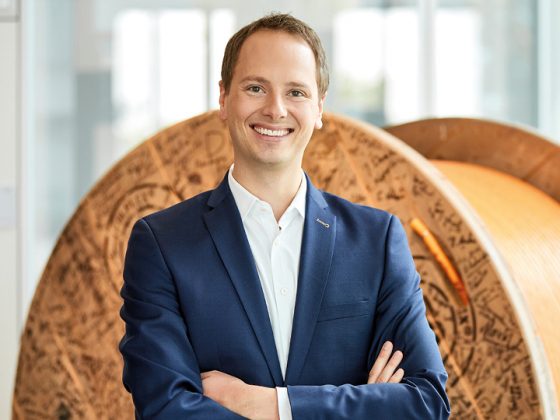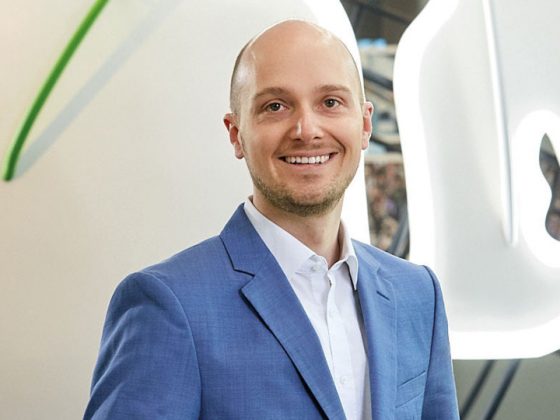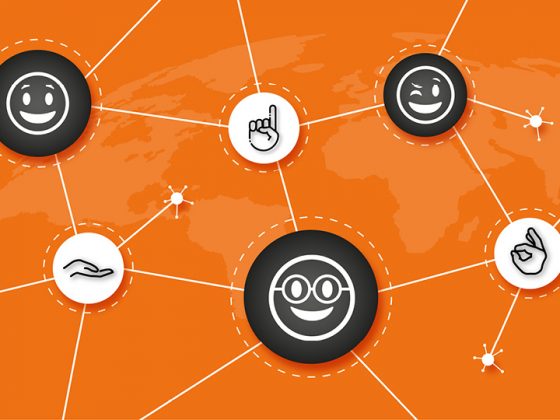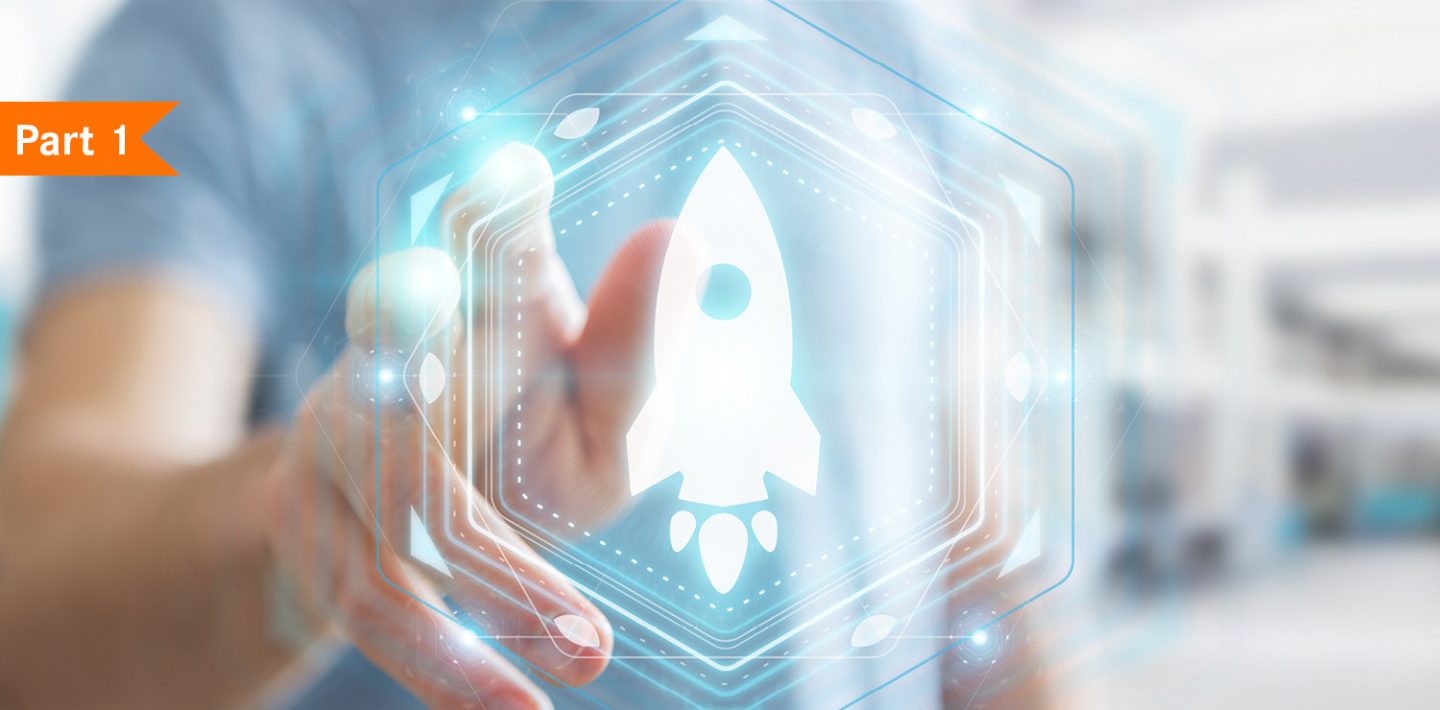
“Just do it,” said Alexander Lapp, responsible for e-business and digitalisation in the family business, to IT manager Martin Tepe when the first lockdown was announced at the beginning of March 2020. Licences for Citrix accesses or video conference tools were purchased quickly and simply without following the roll-out process commonly used for such acquisitions. Martin Tepe knew what the employees needed and acted. Flexible, hands-on, pragmatic – that was the right approach in these months.
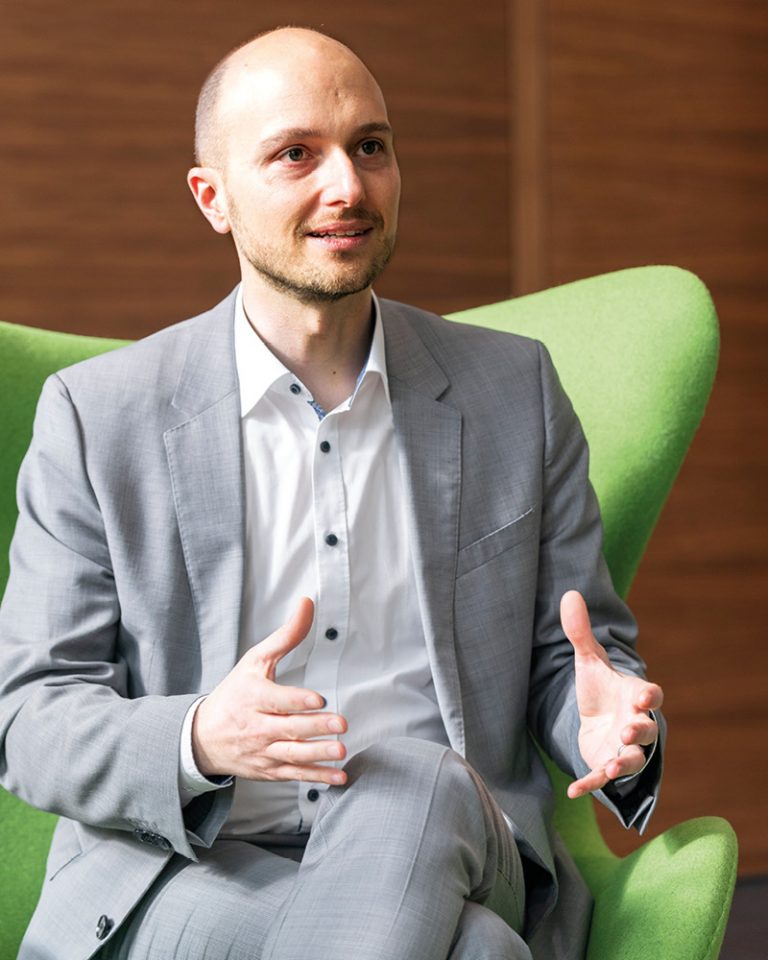
On several levels, the aim was to act simultaneously: Firstly, the focus was on digital jobs and the networking of employees with each other, but also with customers, suppliers and partners. Secondly, the interfaces to customers had to be improved via sales and marketing channels. The company’s own purchasing also needed more digital options. The digital transformation captured processes and tools, as well as culture and thinking. A Herculean task in record time.
This would not have been possible if important foundations had not already been laid. Local structures were able to act quickly without having to run everything by Martin Tepe or Alexander Lapp. Another IT decision which was already made years ago turned out to be a catalyst for the radical change. LAPP has implemented a “hyper-converged infrastructure”: Instead of specialised hardware, the company relies on a virtualised system that combines all the elements of a conventional data centre: Storage space, computing power, network and management. This enabled existing resources to be increased and distributed quickly and easily.
The computing power was provided to the employees where they were working. For digital collaboration and communication, suitable tools such as Office 365 were another important point for collaborative work. The prize-winning social intranet, known as LAPPNet, has played a central role at LAPP for a long time. It has now become the master key for employee exchanges and the communication of important information. Despite the desire to hand out a cornucopia of tools and offers, the economic challenge had to be confronted: How will the economy develop? Will customers still be ordering tomorrow?
LAPP benefited from its international position. Which warehouse contains ordered products, which delivery routes can be chosen to continue to serve customers. Our Chinese and South Korean colleagues, who had already been confronted with the Covid-19 virus, reported of masks, quarantine and distance rules in global video meetings. “That helped a lot and made us more aware,” recalls Martin Tepe. The corona task force has provided daily updates, ordered masks and also organised rapid tests.

It is important to work together and always act in the interests of the customer
“Digitalisation goes beyond ‘digital tools’”, says Alexander Lapp, naming an important finding that had started developing even before the coronavirus crisis. “It is more than just an IT topic”. Digital transformation is at the core of every company – its processes, its culture and its dealings with customers and partners. “We need to understand the business processes from start to finish and across departments, make them transparent, standardise and then automate them. A tool doesn’t answer the phone when the process is unclear somewhere.” Not just the employees, but also customers, delivery companies and partners alike found themselves in a completely new situation. The aim was to do them justice: Extended customer support service times, 24/7 chat offers with and without a bot, expansion of the e-shop and online offerings, switching from trade fairs to webinars – all of these measures had the same priority as support for employees. “ONE LAPP” set the tone: Prioritise but take everyone into account. Alexander Lapp: “It was important to our family that we don’t lose anyone.”
The ONE LAPP culture helped to think beyond limits. Working from home opened people’s eyes to processes outside of their own department. We became closer. It became clear to everyone: The “fight” is outside with the competition, not within the company. This united thinking can be felt across all countries and locations. Over the course of the last year, it has grown even stronger: “The spirit of ONE LAPP is stronger than ever before, not despite but rather because of digital remote working,” according to Alexander Lapp. Team spirit: Everyone can contact anyone at any time and on any continent, regardless of the language or position.
This also has a powerful impact on the future: There are now even better technological foundations for global coalescence. This will lead to completely new market expectations, new competition, new customers and new partnerships. Alexander Lapp is optimistic. Contrary to some politicians’ accusations, it is the companies in particular who would have laid the foundations for digital working and working from home. Even before the pandemic, Alexander Lapp used the opportunity to work from home sometimes. What was surprising in the past was a major advantage in the pandemic. This social, cultural and digital potential in the economy, particularly in SMEs, is a valuable treasure. Alexander Lapp: “At LAPP, we see what we have achieved as a starting point – and the new situation as an opportunity for a promising future.”
LAPP digitalisation

